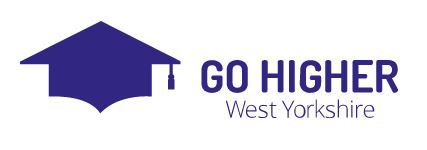The process for applying for DSA is usually piggy-backed onto the student loan system. However, you do not need to claim for financial support to be eligible. DSA are not means-tested, and students do not have to repay them.
To qualify for DSA, the student must have a physical or mental impairment that has a substantial and long-term negative effect on their ability to carry out normal daily activities. This will include specific learning difficulties.
An Education Health and Care Plan is not sufficient evidence in itself and will need to be supported by other documentation. Once a student has been confirmed as eligible for DSA, they will usually be invited to attend a regional assessment centre. There are centres located around the country, and we currently have four in Sheffield. At the appointment, an assessor will discuss the student’s support needs and suggest strategies, human support and technology that can assist them to break down the barriers that exist for them. DSA will then fund the cost of the agreed support. After the appointment, the assessor will write a report which can also help the disability service put the most appropriate support in place for the student.
Detailed information about what DSA can pay for, eligibility criteria and the application process is available on the government website: Help if you're a student with a learning difficulty, health problem or disability
Disability Rights UK have published a useful factsheet about DSA: Applying for Disabled Students’ Allowances
